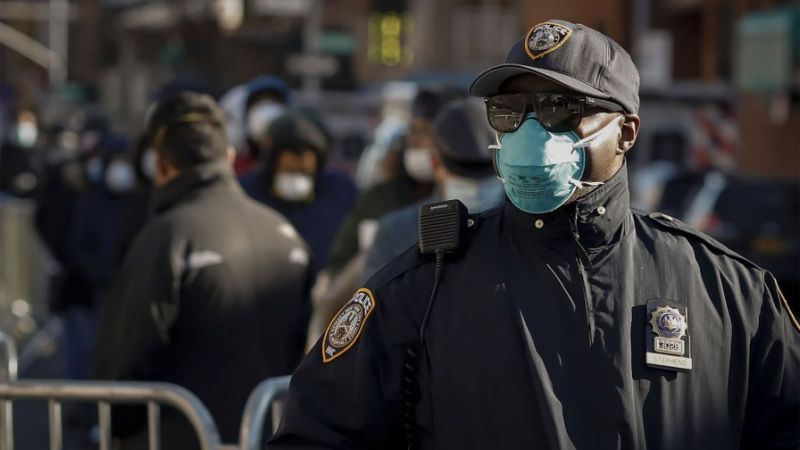The U.S. on Thursday became the country with the most total coronavirus cases, surpassing China and even Italy, where the pandemic has been particularly devastating.
The U.S. now has more than 85,700 confirmed cases of coronavirus, and at least 1,278 people have died after being infected with the respiratory illness. China’s cases, the spread of which have now slowed, have reached 81,285 and more than 3,000 people have died in the country. Italy’s caseload topped 80,500 as deaths passed 8,200.
Globally, the coronavirus has sickened more than 533,400 people and killed more than 24,000.
Cases in the U.S. spiked by more than 15,000 on Thursday, with New York reporting 100 more deaths as the New York City metropolitan area reels from an explosion of cases in the international travel hub.
Mayors and governors have expressed concern that the caseload at U.S. hospitals, including in New York, which has about half the nation’s cases, could overwhelm hospitals and their health care staff.
However, New York Governor Andrew Cuomo said the strict social distancing measures the state has put in place have begun to slow the spread of the virus. Residents have been instructed to leave their homes only for essential trips such as grocery shopping.
Meanwhile, the coronavirus pandemic continues to wreak financial havoc on workers and businesses in the U.S. as the federal government scrambles to provide economic relief.
The House is set to vote Friday on a historic $2.2 trillion economic relief package which the Senate passed unanimously a day earlier. The bill, which President Trump has indicated he will sign, is intended to provide a shot in the arm for the flailing economy, including $250 billion in direct payments to every American and loan aid for small businesses.
Close to 3.3 million Americans applied for unemployment insurance last week, passing the highest level of weekly claims during the Great Recession in 2009 and shattering the previous all-time record in 1982 as businesses are forced to shut in an effort to stem the spread of the virus.
Mairead McArdleNational Review














